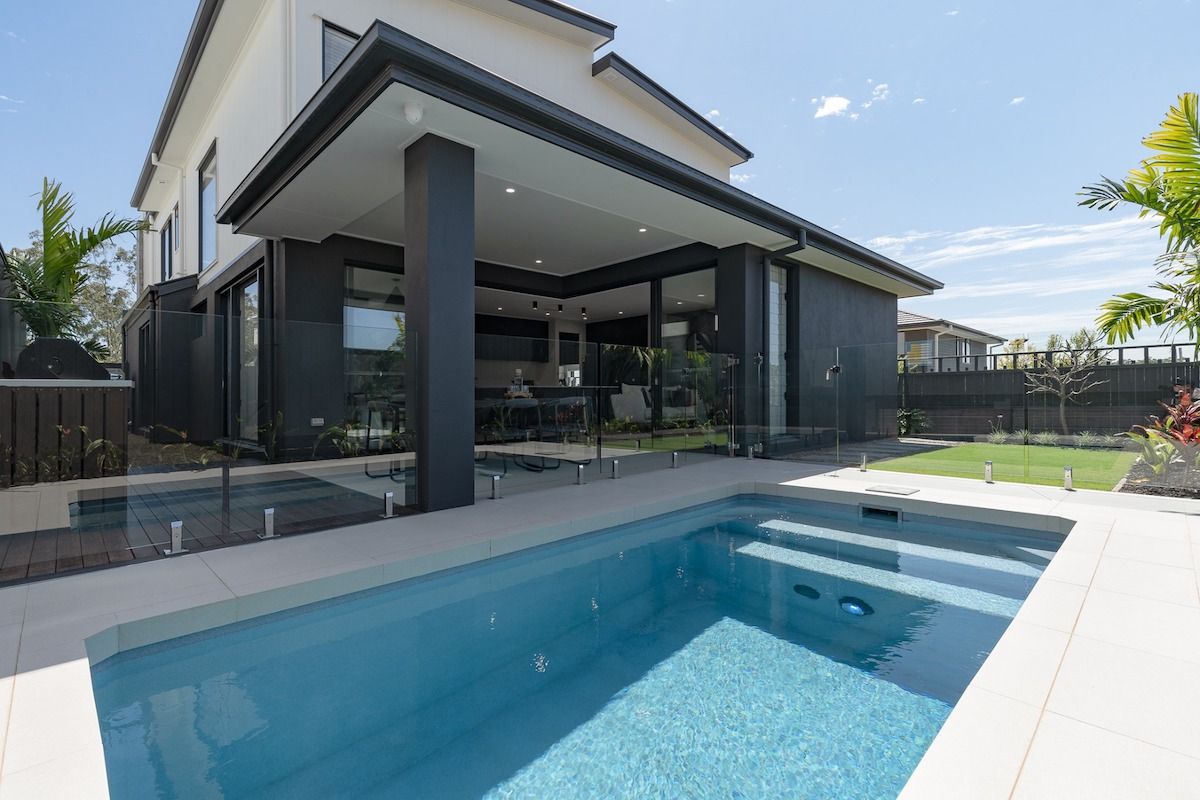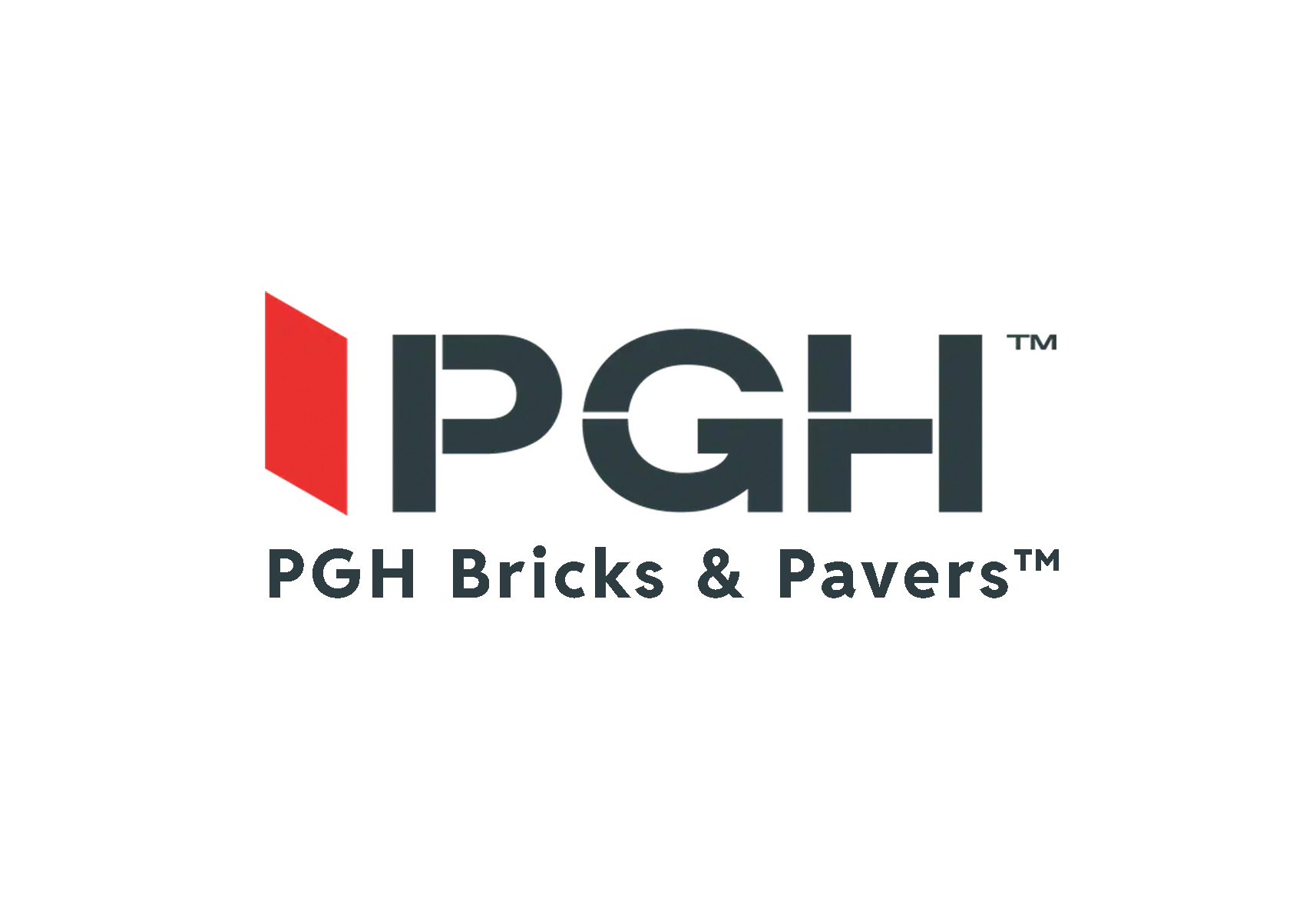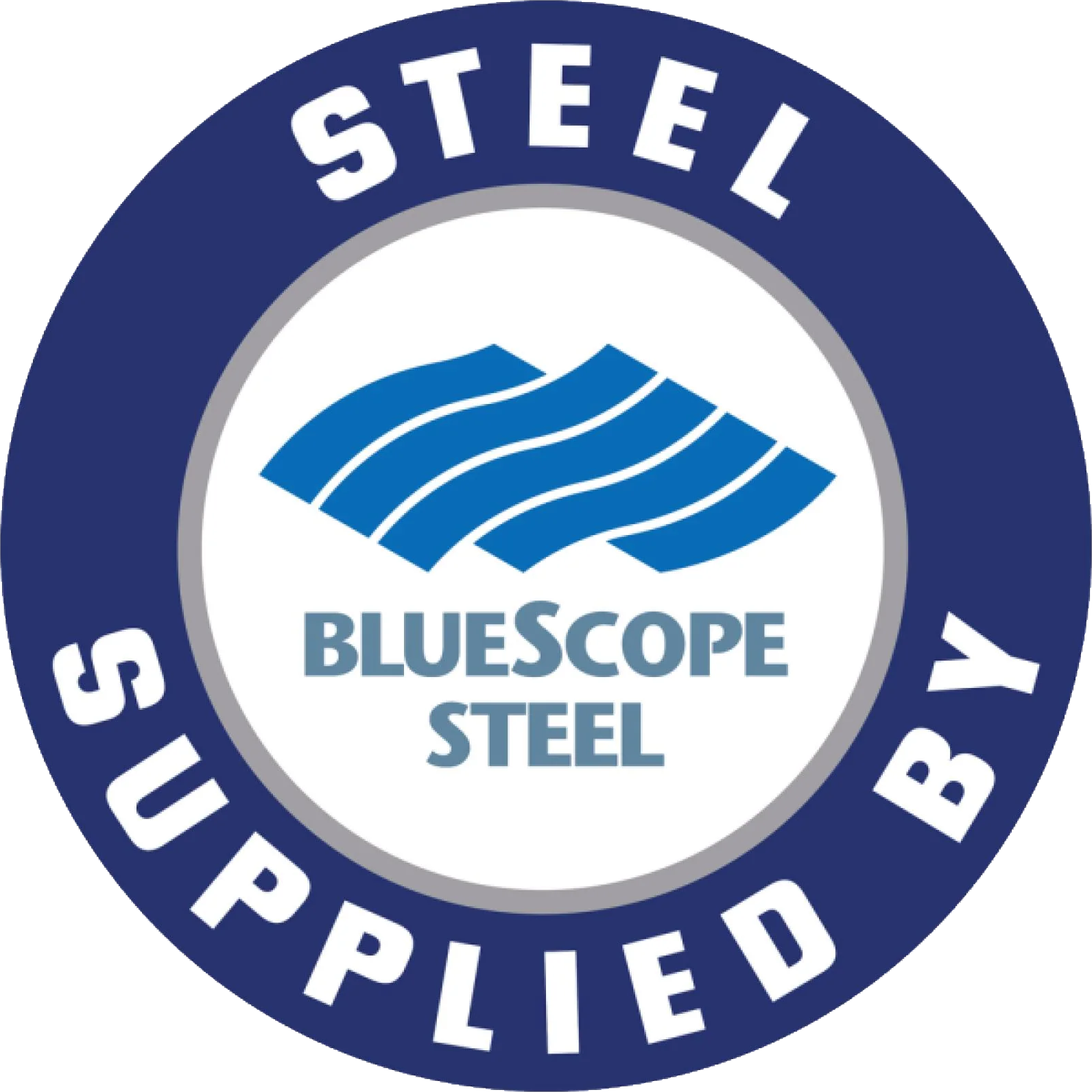Types of Pools and Maintenance Needs:
Caring for your swimming pool
Complete Guide to Maintaining Your Home Swimming Pool: Cleaning, Types, and Safety
Introduction:
In the warm Queensland climate, a home swimming pool is a refreshing luxury, offering a cool escape on hot days. However, to keep your pool in top condition, regular maintenance is essential. Whether you have a chlorine, saltwater, or alternative pool type, proper care will ensure that your pool remains inviting and safe. In this comprehensive guide, we’ll walk you through the essential steps for cleaning and maintaining your pool, delve into different pool types, and cover vital pool safety measures. Additionally, we’ll discuss how to care for your pool fence, especially glass fences, ensuring that both your pool and property are secure for your family and guests.
Types of Pools and Maintenance Needs:
Chlorine Pools:
Chlorine pools are the most common type of pool in Queensland and many other regions due to their efficiency in sanitizing the water. Chlorine is a powerful disinfectant that keeps your pool water clean by killing bacteria, algae, and other harmful microorganisms.
- How Chlorine Pools Work:
Chlorine is introduced into the pool either through chlorine tablets, liquid, or automatic chlorine feeders. As it dissolves in the water, it sanitizes the pool by breaking down contaminants. - Common Issues with Chlorine Pools:
- Balancing Chlorine Levels: It’s essential to maintain the right chlorine levels, typically between 1.0 and 3.0 ppm (parts per million). Too much chlorine can irritate your skin and eyes, while too little can allow harmful bacteria to grow.
- Preventing Algae: Algae can thrive in a pool if chlorine levels are too low. Regularly test your pool and maintain proper sanitation levels to avoid this issue.
- Cloudy Water: Cloudy water can be a result of unbalanced chemicals or insufficient filtration. Regularly check the pH, alkalinity, and chlorine levels to keep your pool clear.
- Maintenance Tips:
- Test chlorine levels at least 2-3 times per week.
- Shock the pool monthly to eliminate contaminants.
- Clean the skimmers and pump baskets regularly to ensure proper circulation.
Saltwater Pools:
Saltwater pools are an increasingly popular choice, especially in coastal regions like Queensland. They use a salt chlorine generator to convert salt into chlorine, providing the sanitizing benefits of chlorine without the strong chemical smell or irritation.
- Benefits of Saltwater Pools:
- Less Chemical Use: Saltwater pools use fewer chemicals, as the chlorine is generated from the salt.
- Softer Water: The water in a saltwater pool feels softer and gentler on the skin, which is a significant benefit for swimmers with sensitive skin.
- Maintenance Tips for Saltwater Pools:
- Monitor Salt Levels: Regularly check the salt levels to ensure the chlorine generator is functioning properly. The ideal salt level is around 3,000-4,000 ppm.
- Clean the Salt Cell: The salt cell can accumulate scale and need periodic cleaning. Clean the cell every 3-6 months to prevent buildup.
- Keep pH and Alkalinity in Check: Saltwater pools require regular monitoring of pH and alkalinity to ensure they stay balanced.
Other Pool Types:
While chlorine and saltwater pools are the most common, there are other pool types, such as mineral and fiberglass pools, that require different maintenance practices.
- Mineral Pools: These pools use minerals (such as copper and silver) to sanitize the water, offering a more natural alternative to chlorine or saltwater. Maintenance involves checking the mineral levels and balancing pH levels, similar to other pool types.
- Fibreglass Pools: Known for their smooth surface, fibreglass pools require less chemical maintenance than concrete pools. Regular cleaning and checking of the filter are essential.
2. Essential Pool Cleaning and Maintenance:
Cleaning Your Pool:
Regular cleaning is crucial for maintaining a pristine pool environment. Here are the essential cleaning tasks:
- Skimming Debris: Use a skimmer net to remove leaves, bugs, and other debris from the pool’s surface. This should be done daily to prevent debris from sinking to the bottom and causing algae growth.
- Brushing Pool Walls and Tiles: Brush the walls and tiles to prevent algae growth and mineral buildup. Focus on areas where dirt and algae tend to accumulate, such as the corners and steps.
- Vacuuming the Pool: Regular vacuuming is necessary to keep your pool clean. Manual vacuums are available, but automatic pool vacuums offer convenience by cleaning the pool with minimal effort. Vacuum your pool at least once a week.
- Water Filtration: Your pool’s filter is responsible for circulating the water and removing fine particles. Clean the filter regularly (every 4-6 weeks) to maintain optimal performance. Be sure to check and clean the pump baskets as well.
- Checking Skimmers and Pump Baskets: Skimmers and pump baskets can fill up with debris, which may affect the filtration system’s performance. Clean these components regularly to ensure efficient operation.
Balancing Pool Chemistry:
Proper pool chemistry is vital to keep the water safe, clear, and comfortable for swimming.
- pH Levels: The ideal pH level for pool water is between 7.4 and 7.6. Regularly test and adjust the pH levels to prevent skin and eye irritation and to optimize the effectiveness of chlorine or salt systems.
- Alkalinity and Calcium Hardness: Test the pool’s alkalinity and calcium hardness regularly to avoid scaling or corrosion. Ideal alkalinity is between 80-120 ppm, and calcium hardness should be between 200-400 ppm.
- Regular Testing: Use a pool test kit to check the levels of chlorine, pH, alkalinity, and calcium hardness at least once a week. Adjust the chemicals as needed and follow the manufacturer’s instructions for safe chemical handling
3. Pool Fence Maintenance:
Importance of Pool Fences in Queensland:
In Queensland, pool fences are a legal requirement to ensure the safety of children and pets. A properly maintained pool fence is essential for preventing accidents and ensuring your compliance with local safety regulations.
- Legal Requirements: Pool fences must be at least 1.2 meters high and have no gaps larger than 10 cm. Gates should be self-closing and self-latching, with the latch positioned above 1.5 meters from the ground to prevent children from accessing the pool area unsupervised
Glass Pool Fences:
Glass pool fences are a popular choice for modern homes, providing an unobstructed view of the pool while ensuring safety.
- How to Clean Glass Pool Fences:
- Safe Cleaning Products: Use a mild detergent or glass cleaner that is free of ammonia. Avoid harsh chemicals that could damage the glass.
- Streak-Free Finish: Clean the glass with a microfiber cloth or a squeegee to avoid streaks and watermarks. For tough stains, a mixture of vinegar and water can help remove stubborn marks.
- Salt Residue: In coastal areas, salt residue may accumulate on the glass. Use a soft cloth with a vinegar solution to gently remove salt deposits
Maintaining Pool Fence Security Locks:
Pool fence security is crucial for keeping children safe. Regularly inspect locks, latches, and hinges to ensure they function correctly.
- Lock Maintenance: Ensure that pool gates are always self-closing and securely latch. Test the locks regularly for wear and tear, and replace any faulty components immediately.
- Preventing Climbing: Avoid placing objects near the fence that children could use to climb over. Regularly check the area surrounding the fence to ensure it remains free from climbable items.
Preventing Security Breaches:
- Inspect for Damages: Check for any signs of broken or damaged locks, latches, or fence panels. Repair any issues immediately to prevent security breaches.
- Child Safety Tips: Look for ways children might attempt to breach the pool fence, such as stacking toys or chairs to climb over. Prevent these actions by installing anti-climb features on your fence.
4. Additional Tips for Pool Care:
Winter Care for Pools:
Even in Queensland, the cooler months require attention to pool maintenance.
- Covering the Pool: Use a pool cover to protect the water from debris and to help keep it warmer. This is especially useful during the off-season.
- Reducing Chemical Use: During the winter months, reduce the use of chemicals as the pool is less likely to get as much use.
Energy-Efficient Pool Care:
Maintaining an energy-efficient pool can reduce both your maintenance costs and your energy bills.
- Efficient Pool Equipment: Consider upgrading to energy-efficient pool pumps, heaters, and lighting to reduce your energy consumption.
- Optimize Pool Use: Only run the pool pump when necessary and clean your pool regularly to reduce the need for constant filtration.
Conclusion:
Properly maintaining your home swimming pool and pool fence will not only keep your pool sparkling clean but also ensure the safety of your family. By regularly cleaning and checking your pool, testing the water, and keeping your pool fence in top condition, you can enjoy your backyard oasis for years to come. Whether you have a chlorine or saltwater pool, understanding the specific maintenance needs will make the job much easier. And, don’t forget to stay vigilant about pool fence security to keep your loved ones safe. Happy swimming!
Reach out to our team by contacting us anytime below















